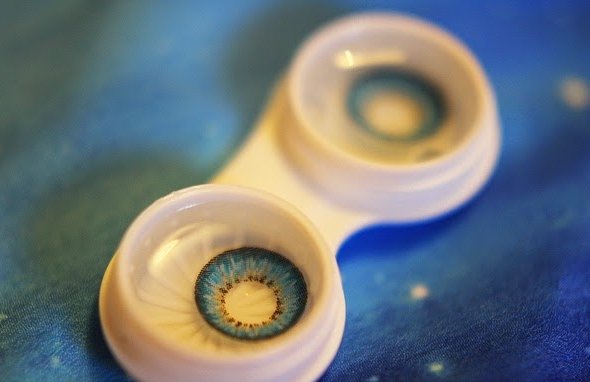Dirty Little Secret: Almost Nobody Cleans Contacts Properly?
Watch this video for a brief refresher on how to care for your contact lenses.
People who wear contact lenses say they're diligent about keeping them clean. But press them for details, and it turns out that hardly anyone is doing it the right way.
Contact lenses have become a popular choice for vision correction, but it seems that many wearers are not properly maintaining their lenses. A recent survey of over 400 contact lens wearers found that only 2% were following the recommended guidelines for safe lens use. The survey revealed that many participants were committing various mistakes such as showering or swimming while wearing lenses, sleeping in them, and using them for longer than recommended before replacing them.
One common mistake is "solution misuse", which involves topping off the disinfectant solution in the lens case instead of starting with a fresh solution. In addition, 47% of the participants reported never replacing their lens case or only doing so when given a new one during their annual eye exam. These practices increase the risk of eye infections, which can result in serious and painful complications.
Unfortunately, some people have even turned to unconventional and unsanitary substances, such as beer, baby oil, and butter, as alternatives to proper contact lens solutions. This is extremely dangerous and can put the wearer's eye health at risk.
Eye infections caused by contact lenses are relatively rare, but the risk increases for those who sleep in daily wear lenses, with a risk of 1 in 500, compared to a risk of 1 in 7,500 for hard-lens wearers. Showering or swimming with contacts is a big no-no, as it exposes the eyes to Acanthamoeba, a microorganism commonly found in tap water and lakes. This can result in serious and painful eye infections.
In conclusion, it is crucial for contact lens wearers to follow the recommended guidelines for safe lens use, including replacing the lens case and solution regularly, avoiding showering or swimming with contacts and replacing lenses according to the recommended schedule. By taking these steps, contact lens wearers can protect their eye health and avoid painful and serious complications.



